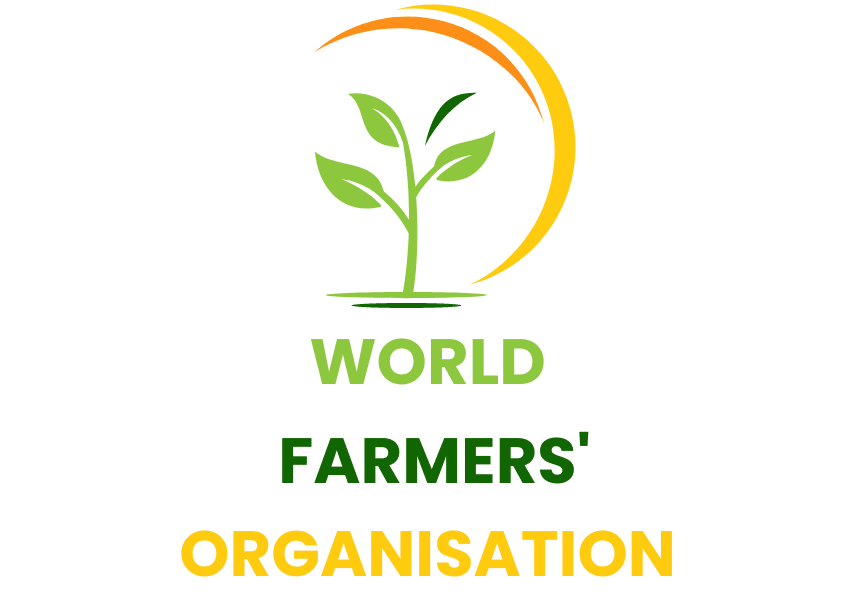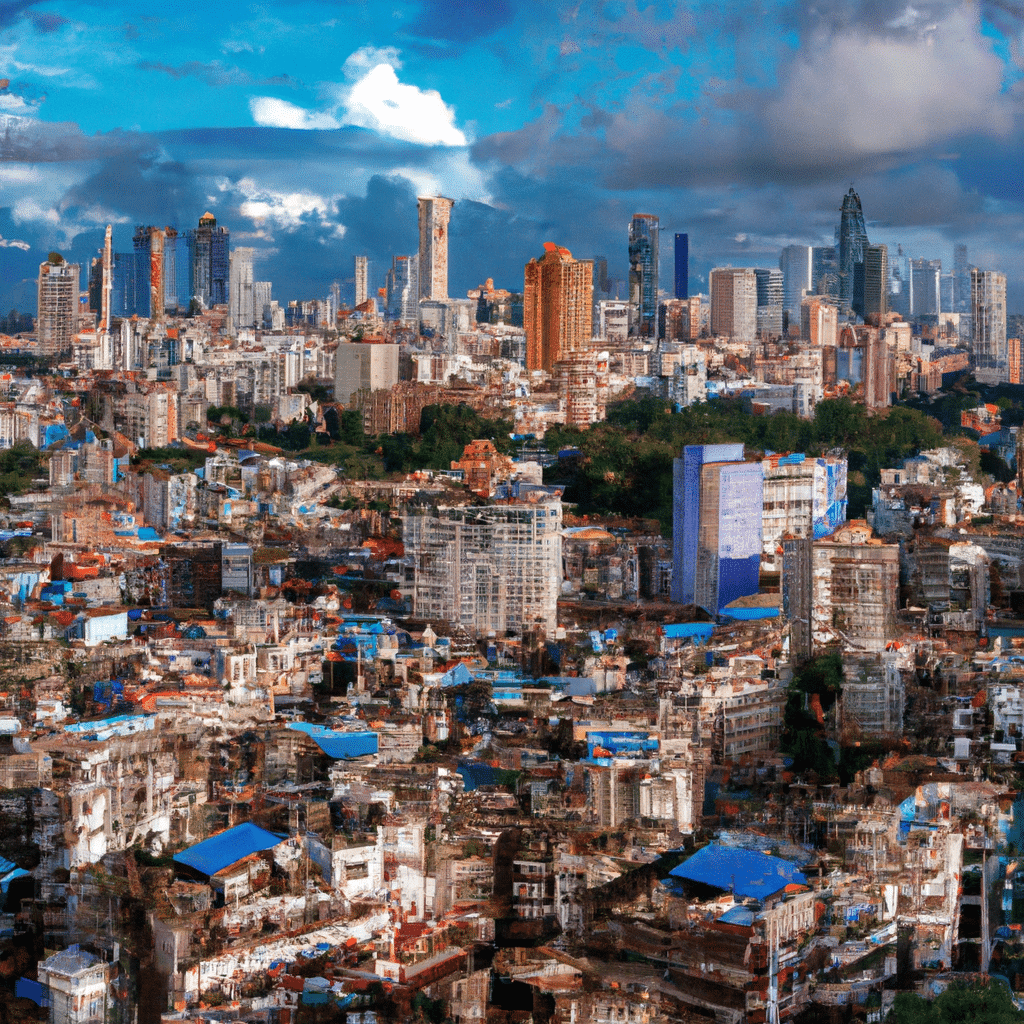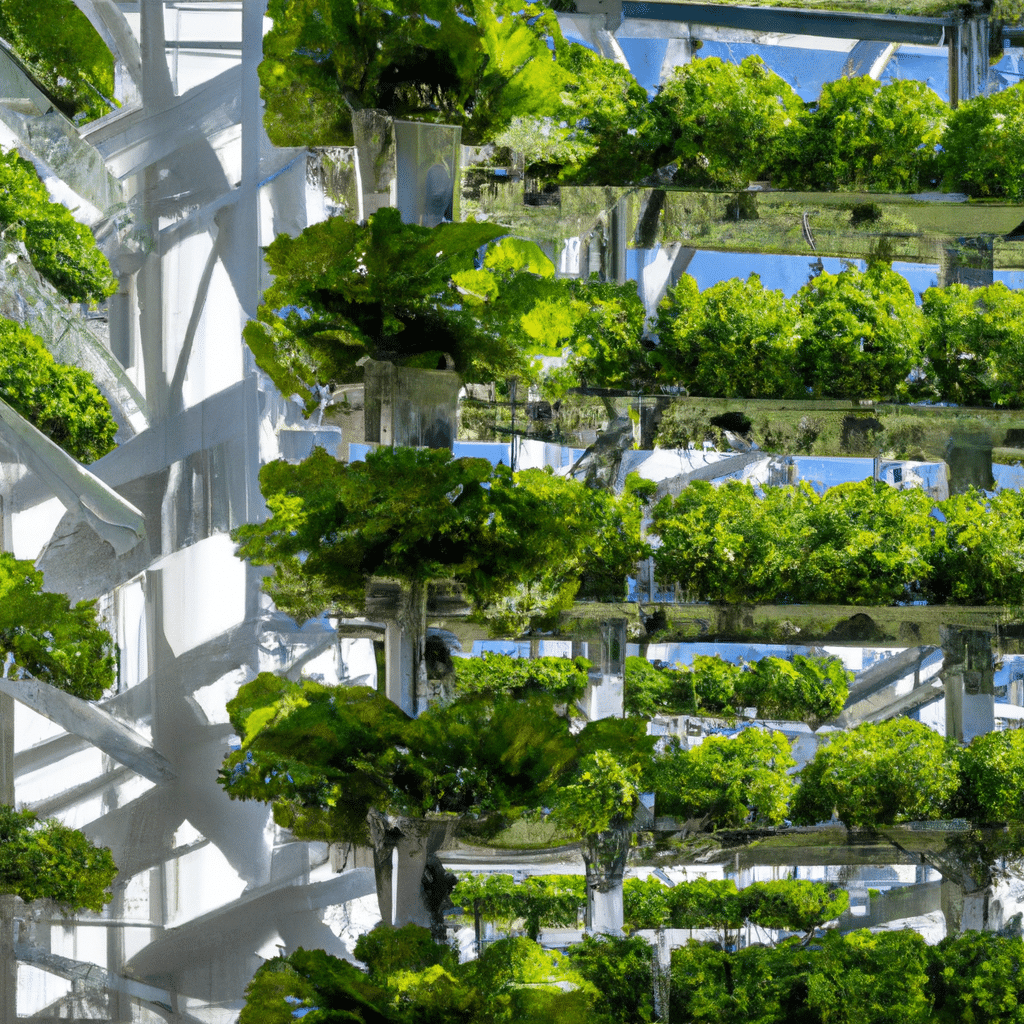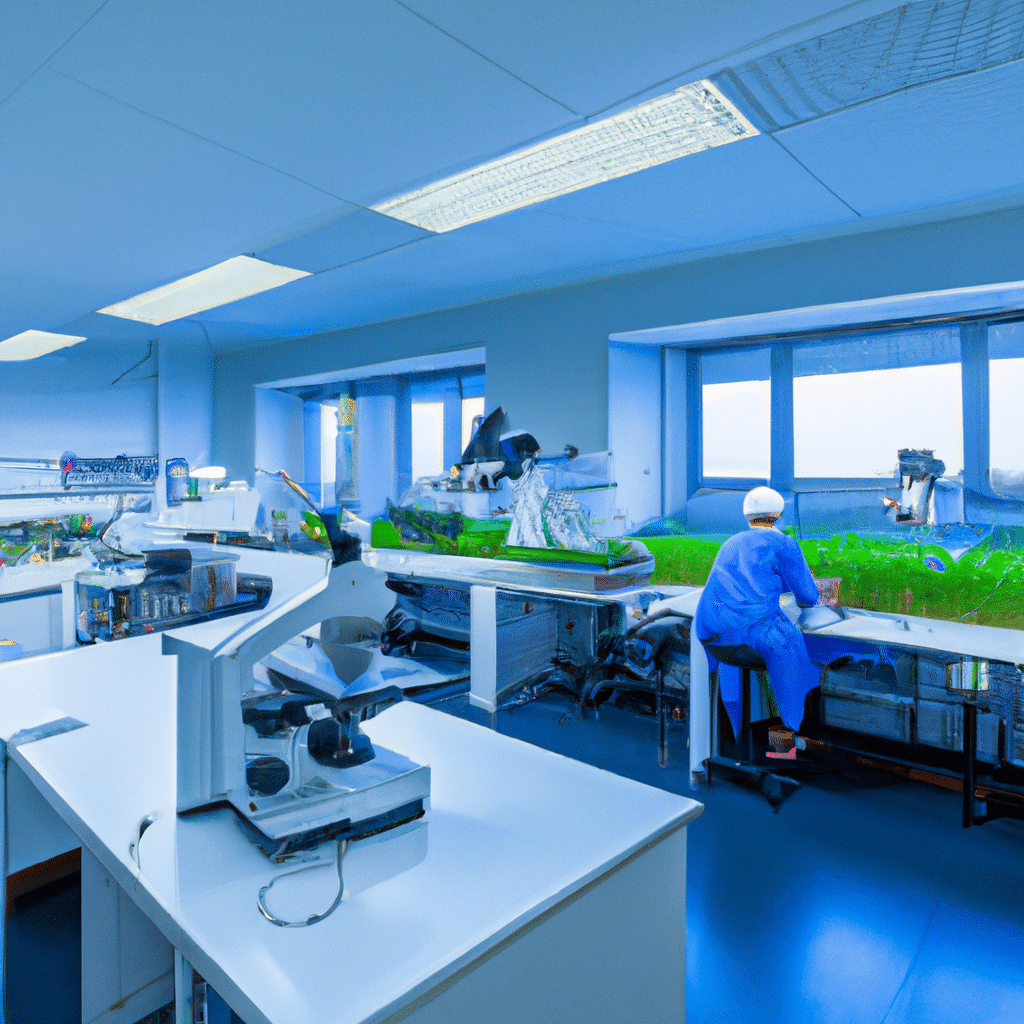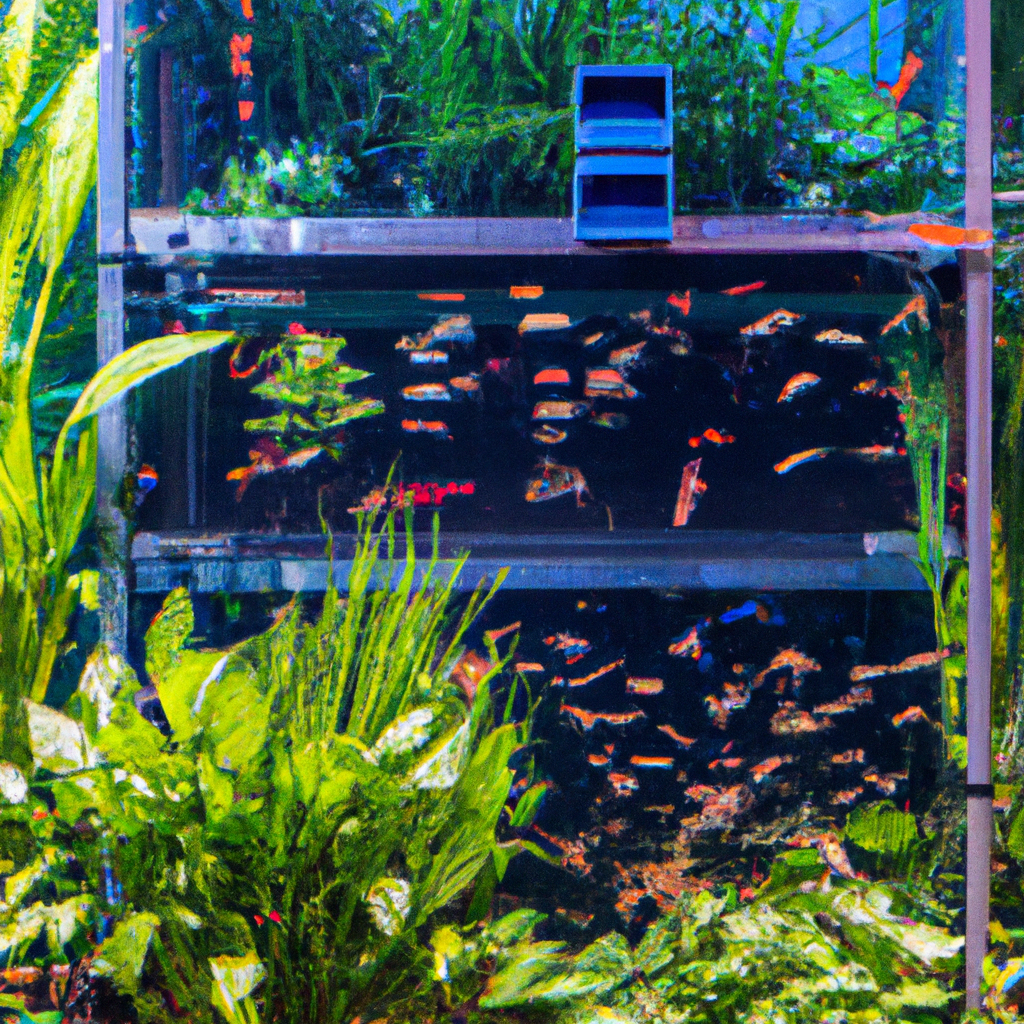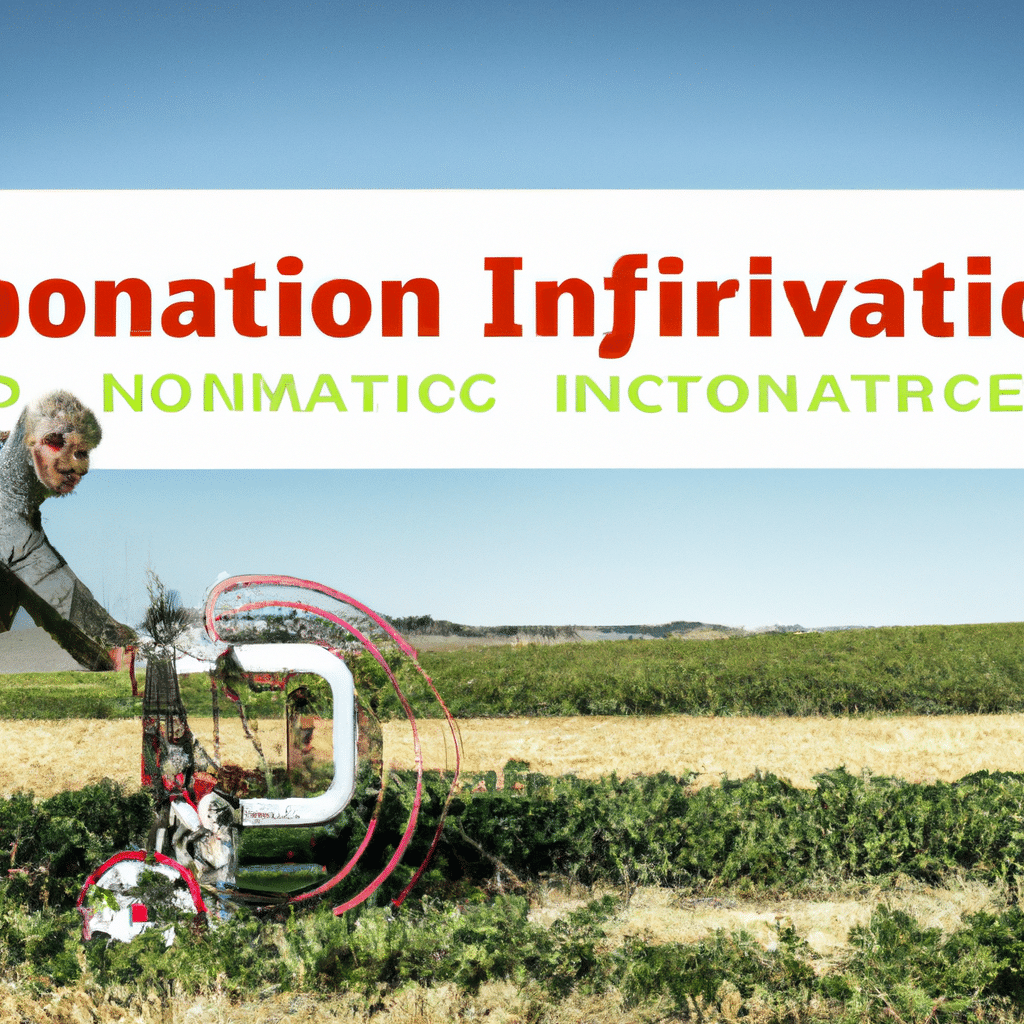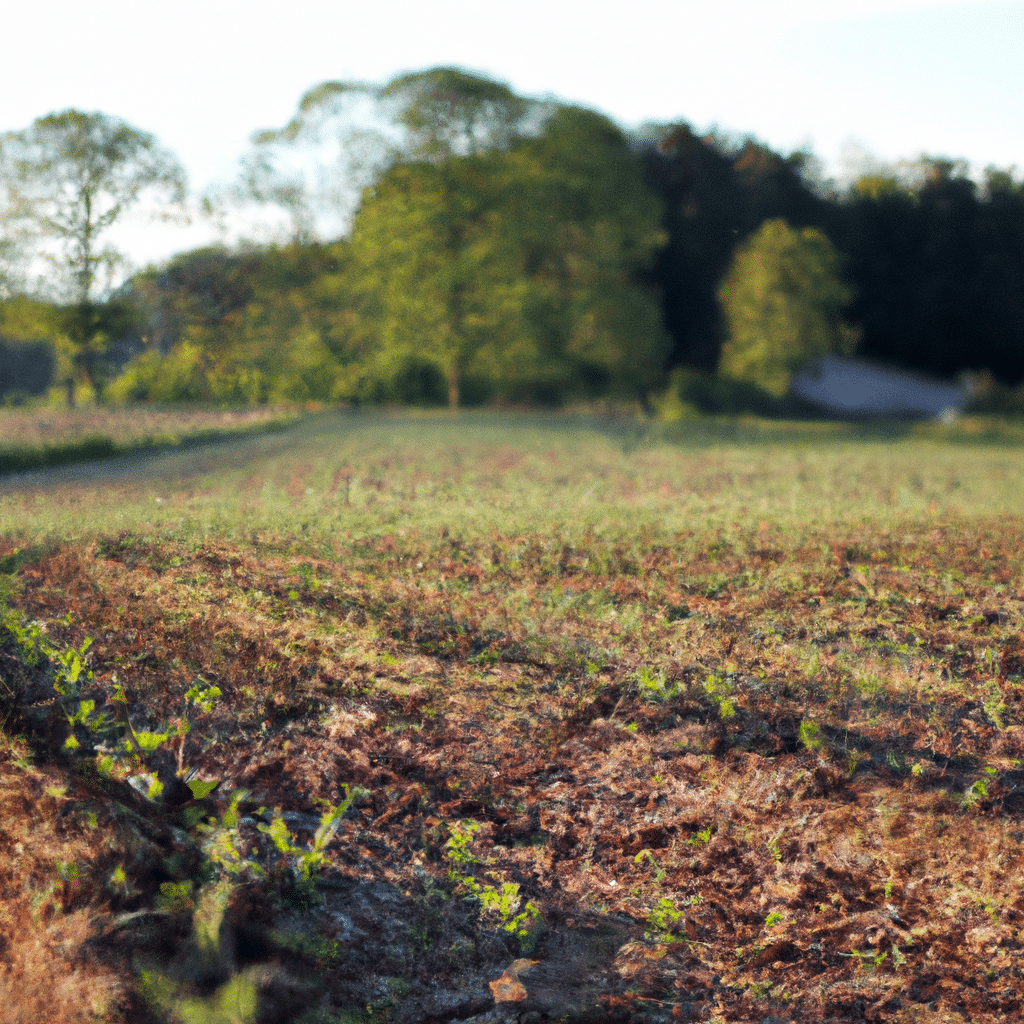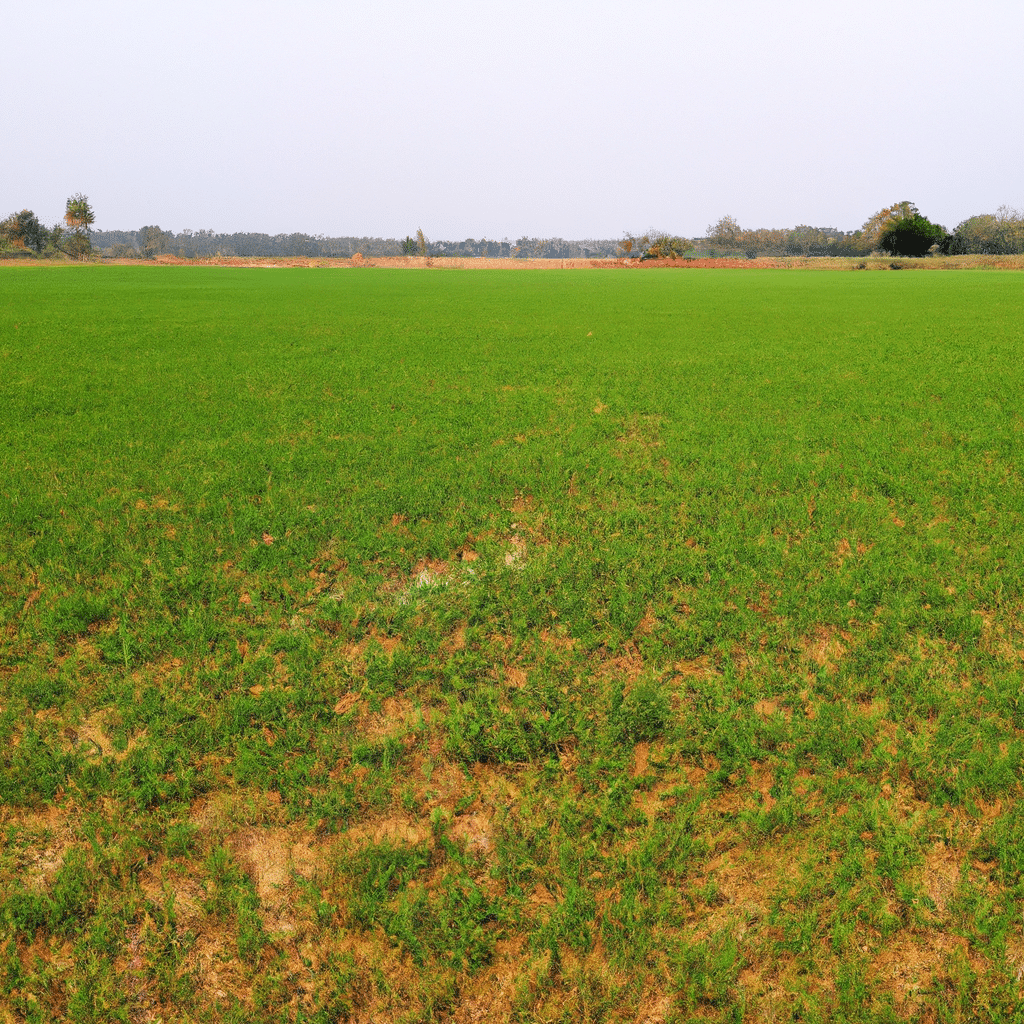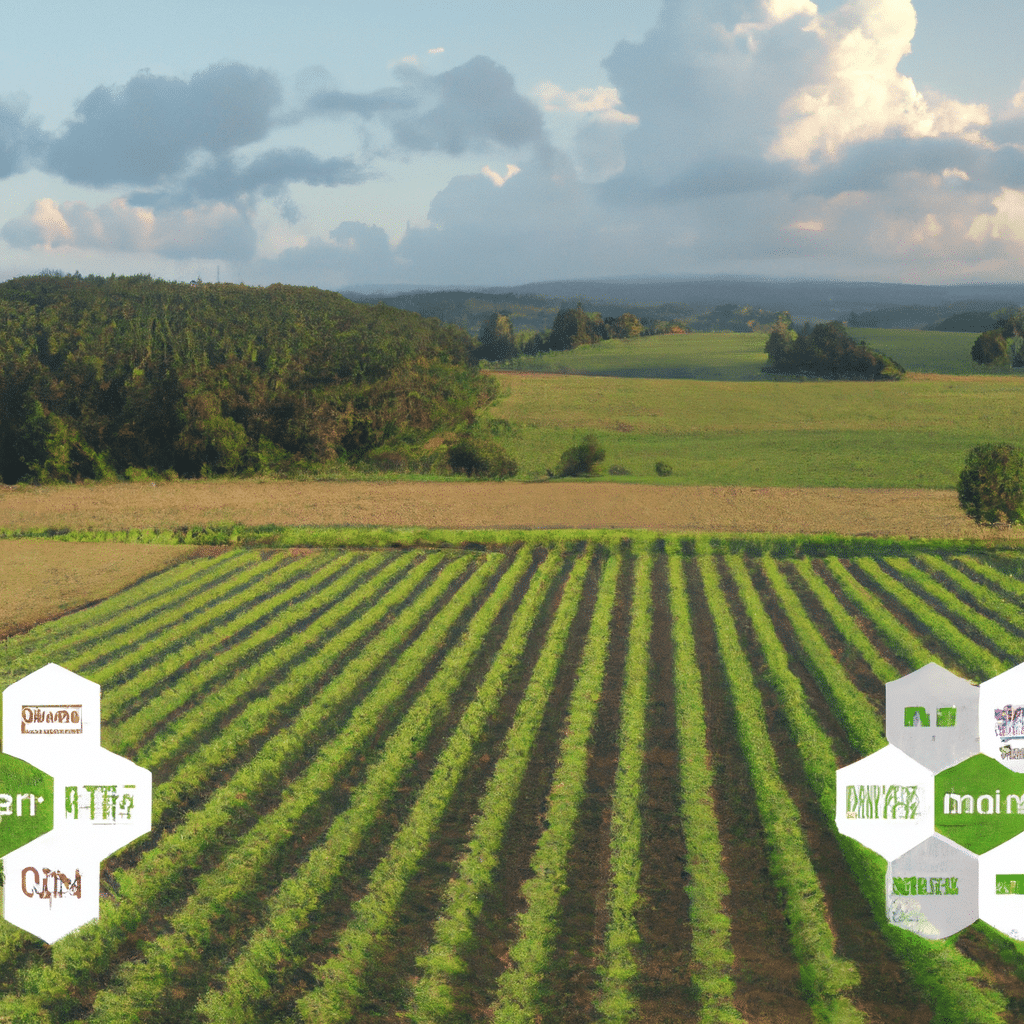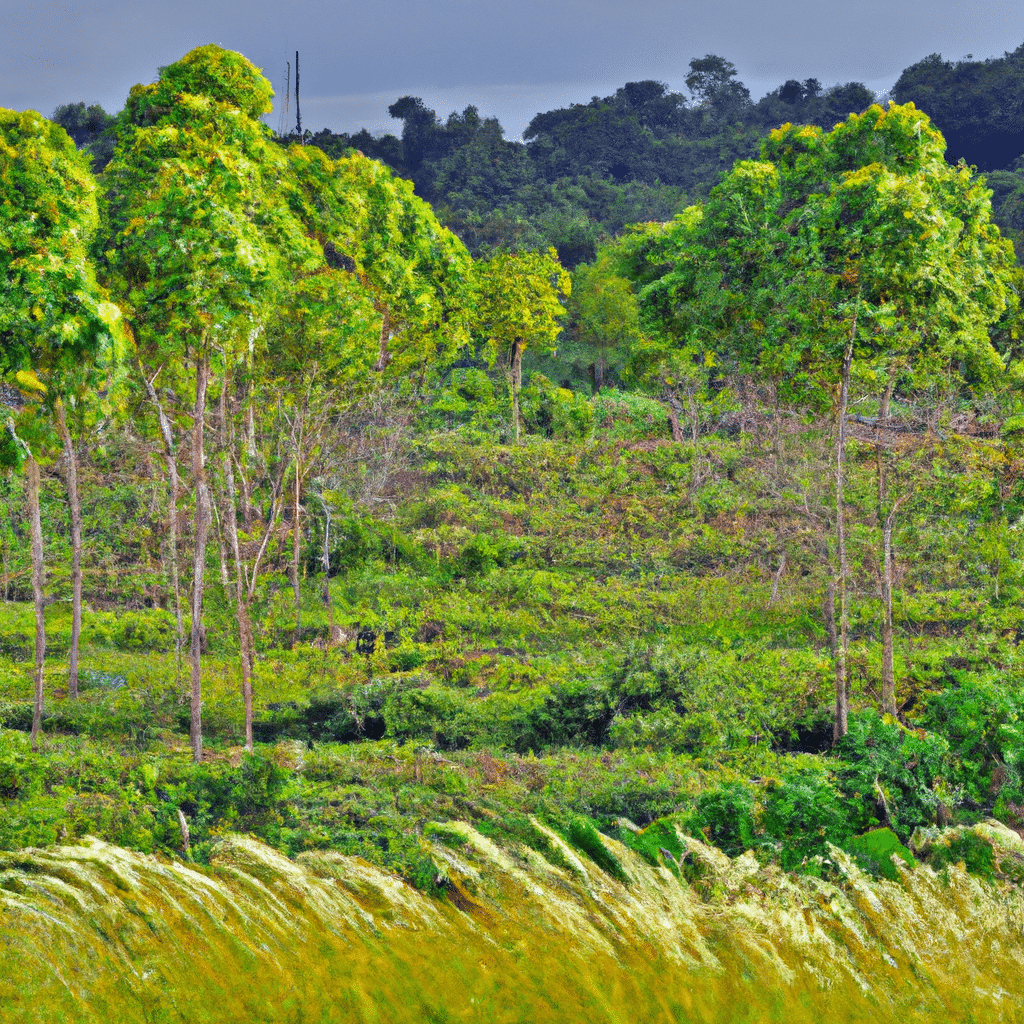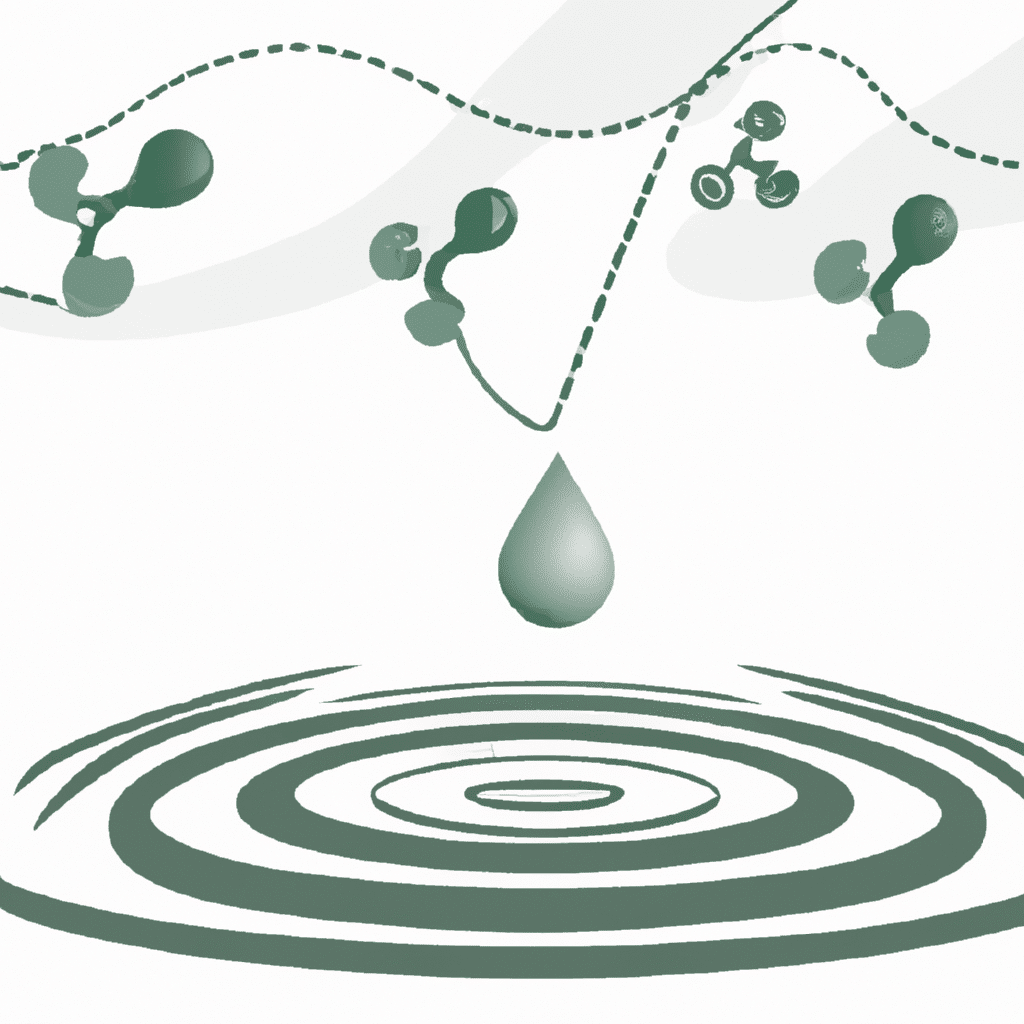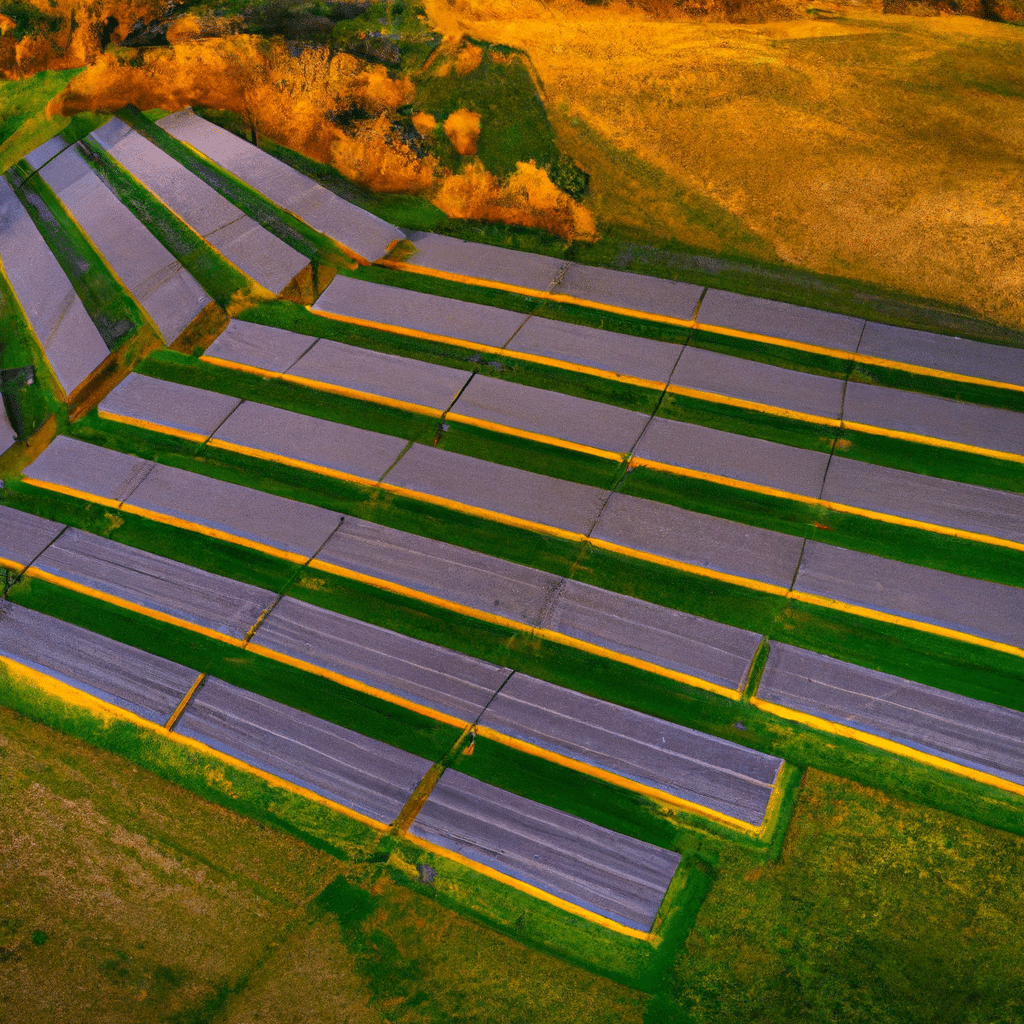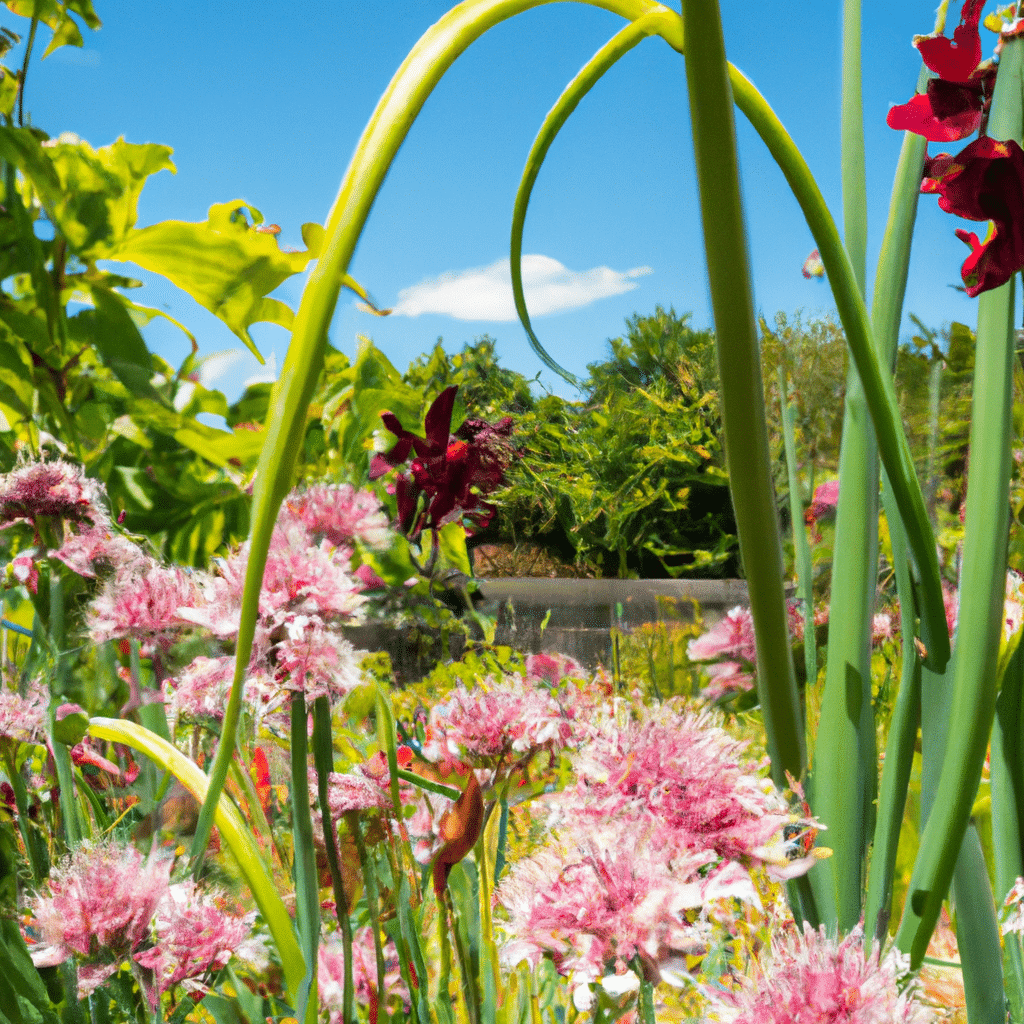In today’s rapidly evolving world, technology has become an integral part of almost every industry, and agriculture is no exception. With the advent of Artificial Intelligence (AI) and drones, the farming landscape has undergone a significant transformation. Precision agriculture, empowered by AI and drones, has revolutionized farming practices, making them more efficient, sustainable, and productive than ever before. In this article, we will delve into the various ways AI and drones are unleashing the power of precision agriculture and reshaping the future of farming.
The Rise of Precision Agriculture
Precision agriculture, also known as precision farming, is a farming management concept that utilizes technology to optimize agricultural practices and maximize productivity. It involves the integration of various technologies, such as GPS, robotics, sensors, and data analytics, to gather real-time information about soil conditions, crops, and weather patterns. This data-driven approach enables farmers to make informed decisions and tailor their farming practices to specific areas or even individual plants.
Improving Crop Management with AI
One of the key components of precision agriculture is the use of AI algorithms to analyze vast amounts of data collected from sensors and drones. These algorithms can identify patterns, detect anomalies, and provide valuable insights to farmers, helping them make data-driven decisions for crop management.
AI-powered systems can analyze soil composition, moisture levels, and nutrient content, providing farmers with precise information on when and where to irrigate, fertilize, or apply pesticides. This targeted approach reduces the use of resources, minimizes environmental impact, and improves overall crop health.
Additionally, AI algorithms can predict crop diseases and pest infestations based on historical data and current environmental conditions. By identifying potential threats early on, farmers can take preventive measures, reducing the need for harmful pesticides and ensuring higher crop yields.
Enhancing Efficiency with Drones
Drones, also known as Unmanned Aerial Vehicles (UAVs), have become an indispensable tool in precision agriculture. Equipped with high-resolution cameras, multispectral sensors, and LiDAR technology, drones can capture detailed aerial imagery of farmland, providing farmers with valuable insights into crop health, growth patterns, and pest infestations.
By analyzing the data collected by drones, farmers can quickly identify areas of concern, such as nutrient deficiencies or water stress, and take immediate action. Drones can also create detailed digital maps of fields, enabling farmers to monitor crop development, optimize irrigation systems, and plan efficient harvesting strategies.
Moreover, drones equipped with spraying systems can precisely apply fertilizers, herbicides, and pesticides, minimizing wastage and ensuring targeted distribution. This targeted approach reduces chemical usage, protects the environment, and saves costs for farmers.
The Advantages of Precision Agriculture
The integration of AI and drones into precision agriculture offers numerous advantages for farmers and the agricultural industry as a whole.
Increased Productivity and Yield
By leveraging AI and drones, farmers can optimize crop management practices, resulting in increased productivity and higher yields. The ability to monitor crops in real-time, identify potential issues, and take immediate action allows farmers to maximize the potential of their land and resources.
Resource Efficiency and Sustainability
Precision agriculture minimizes resource wastage by providing farmers with accurate information on when and where to apply water, fertilizers, and pesticides. This targeted approach reduces the environmental impact of farming, preserves natural resources, and promotes sustainable agricultural practices.
Cost Savings
By using AI algorithms and drones, farmers can optimize their use of resources, reduce the need for manual labor, and minimize crop losses due to diseases or pests. This leads to significant cost savings and improved profitability for farmers.
Improved Decision-Making
The data-driven approach of precision agriculture enables farmers to make informed decisions based on accurate and real-time information. By having access to detailed insights about their crops, farmers can adjust their farming strategies, mitigate risks, and optimize their overall operations.
The Future of Precision Agriculture
As technology continues to advance, the future of precision agriculture holds even more promising possibilities. Here are some emerging trends and innovations that will shape the future of farming:
Autonomous Farming
With the development of AI-powered robotics and autonomous vehicles, the concept of fully automated farms is becoming a reality. These autonomous systems will be capable of performing various farming tasks, such as planting, crop monitoring, and harvesting, without human intervention. This will further increase efficiency, reduce labor costs, and enable round-the-clock farming operations.
Advanced Data Analytics
The integration of AI algorithms and advanced data analytics will enable farmers to gain deeper insights into crop performance, predict market trends, and optimize their supply chain. By harnessing the power of big data, farmers can make smarter decisions and adapt to changing market demands more effectively.
Blockchain Technology
Blockchain technology has the potential to revolutionize the agricultural industry by enhancing transparency, traceability, and trust in the supply chain. With blockchain, farmers can securely record and track every stage of the production process, from planting to distribution, ensuring the authenticity and quality of their products.
In conclusion, the power of precision agriculture, driven by AI and drones, is transforming farming efficiency and revolutionizing the agricultural industry. By harnessing the capabilities of AI algorithms and leveraging the aerial insights provided by drones, farmers can optimize their crop management practices, increase productivity, and promote sustainability. The future of precision agriculture holds even greater promise, with advancements in autonomous farming and data analytics poised to take farming to new heights. As technology continues to evolve, the possibilities for improving farming efficiency are endless, and the agriculture industry is poised for a future of unprecedented growth and innovation.
